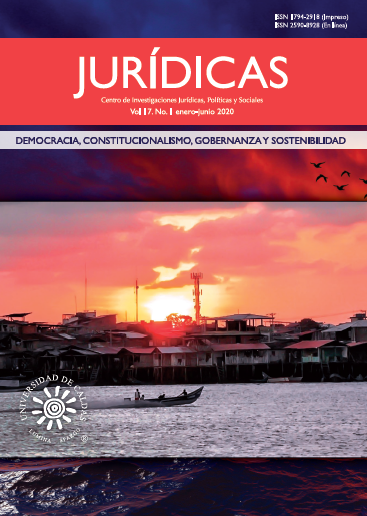Authors
Abstract
Democracy is a civil ethical procedure for solving problems, differences, and making decisions through majority rule. This is a basic concept of democracy. Democracy is regulated and protected through the constitutions that stipulate it as a structural principle alongside the separation of powers, the principle of legality, human rights and their guarantees. Furthermore, democracy is the most legitimate method for the development of constitutions. In fact, it is the development and practice of democracy that ensures that the constitution is a living process (Ackerman, 2011), a constant evolution, and that it can better adapt to the challenges of events that seek to displace, replace or mutate it. , and even ignore the political morality that the constitution imposes on democracy (Nino, 1997). That is, democracy cannot be a radical that makes decisions above the rights of minorities, without social and institutional deliberation, only protected by the fact that it is a majority decision.
Keywords
References
Dahl, R. (1956). A Preface to DemocraticTheory. Chicago: The University of Chicago Press.
DANE. (2019). Medición de pobreza multidimensional. Recuperado de https://www.dane.gov.co/index.php/estadisticas-por-tema/pobreza-y-condiciones-de-vida/pobreza-y-desigualdad
Dworkin, R. (1999). Los derechos en serio. Barcelona: Ariel Derecho.
Gargarella, R. (2014). La sala de máquinas de la Constitución. Dos siglos de constitucionalismo en América Latina (1810-2010). Barcelona, España: Katz.
García, M. y Espinosa, J. (2013). El Derecho al Estado. Bogotá: Dejusticia.
Nino, C. (1997). La constitución de la democracia deliberativa. Barcelona: Gedisa.
Waldron, J. (2005). Derecho y desacuerdo. Madrid: Editorial Marcial Pons.

 PDF (Español)
PDF (Español)
 FLIP
FLIP

























